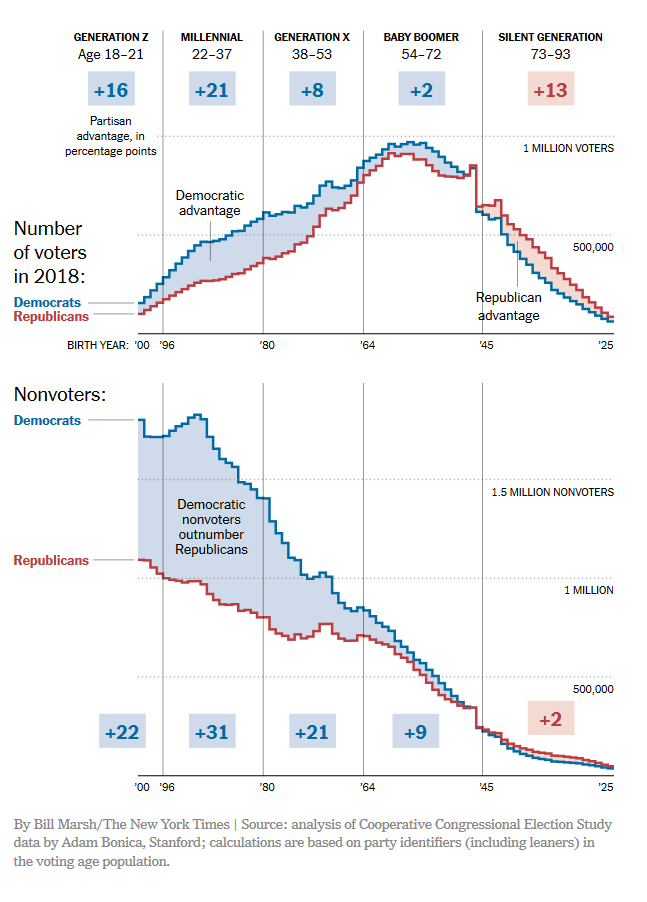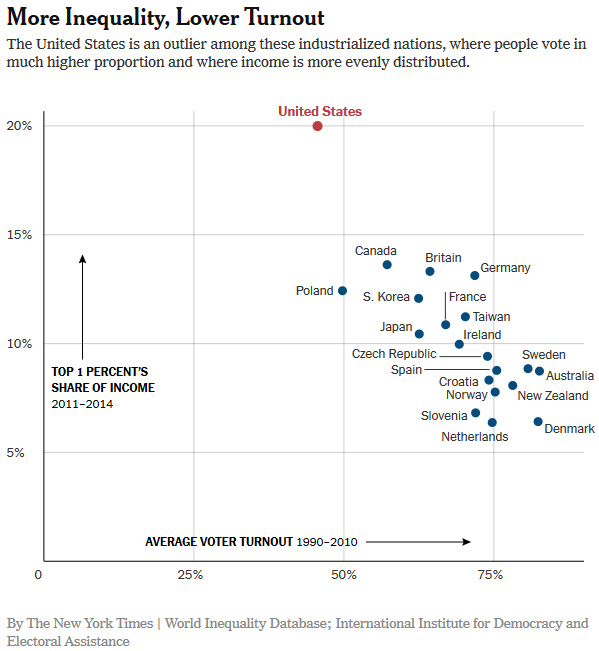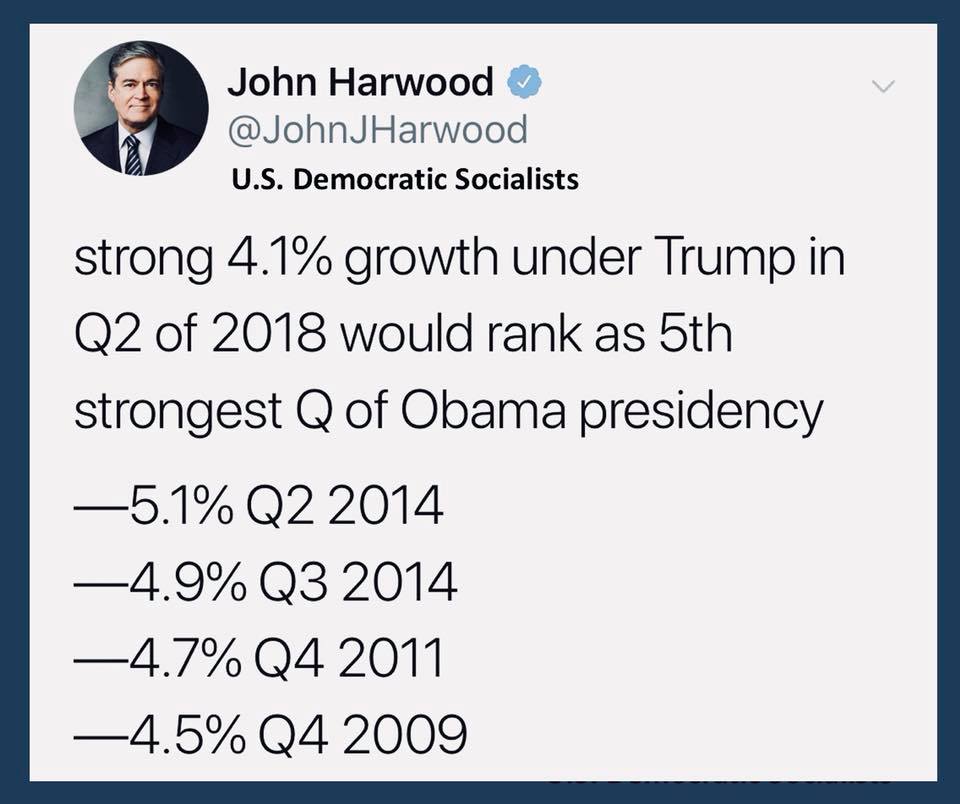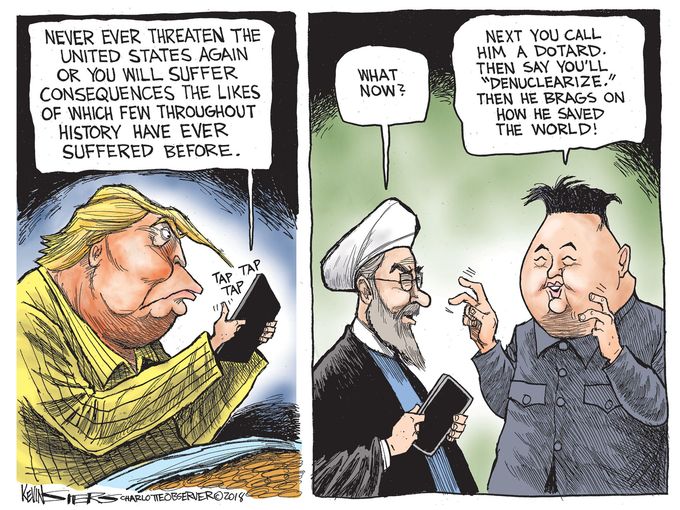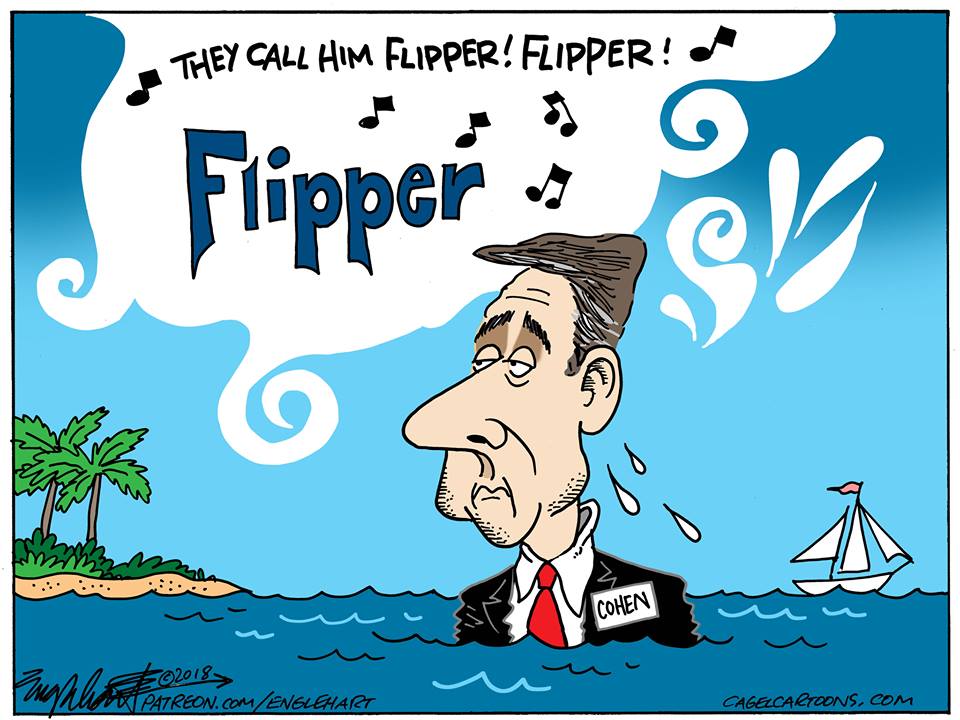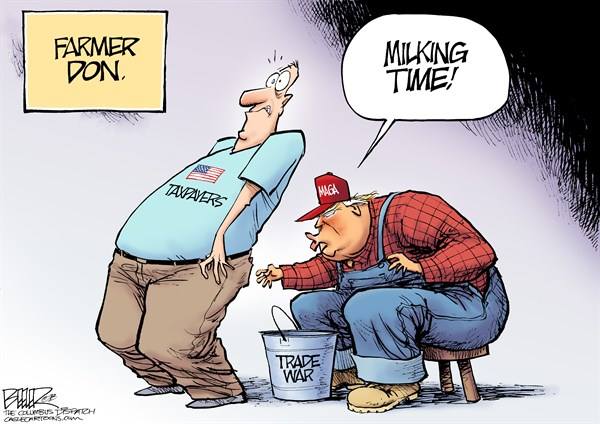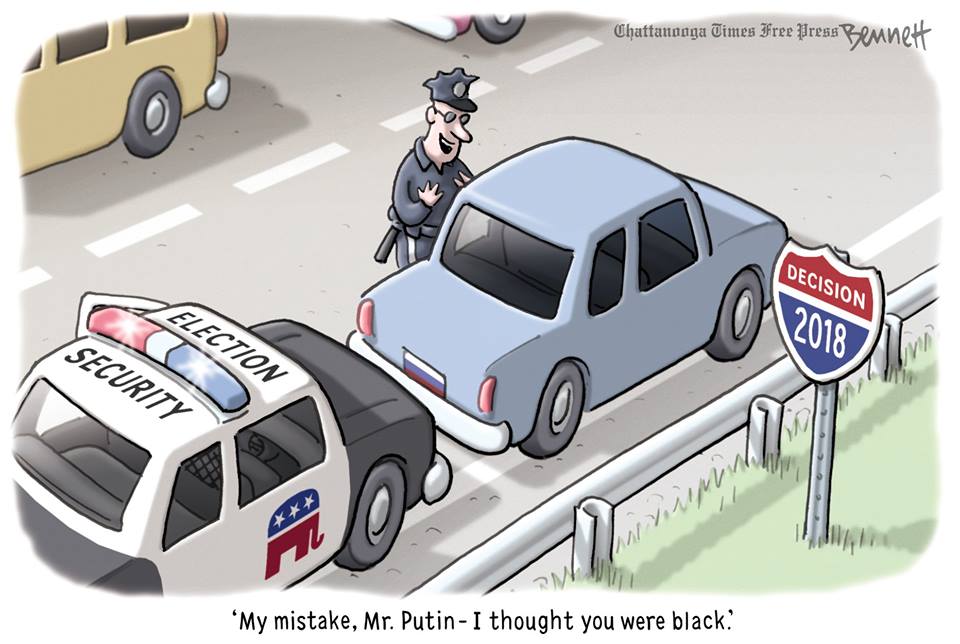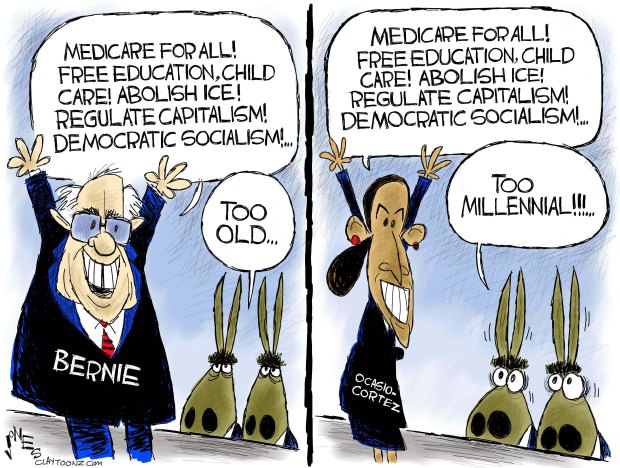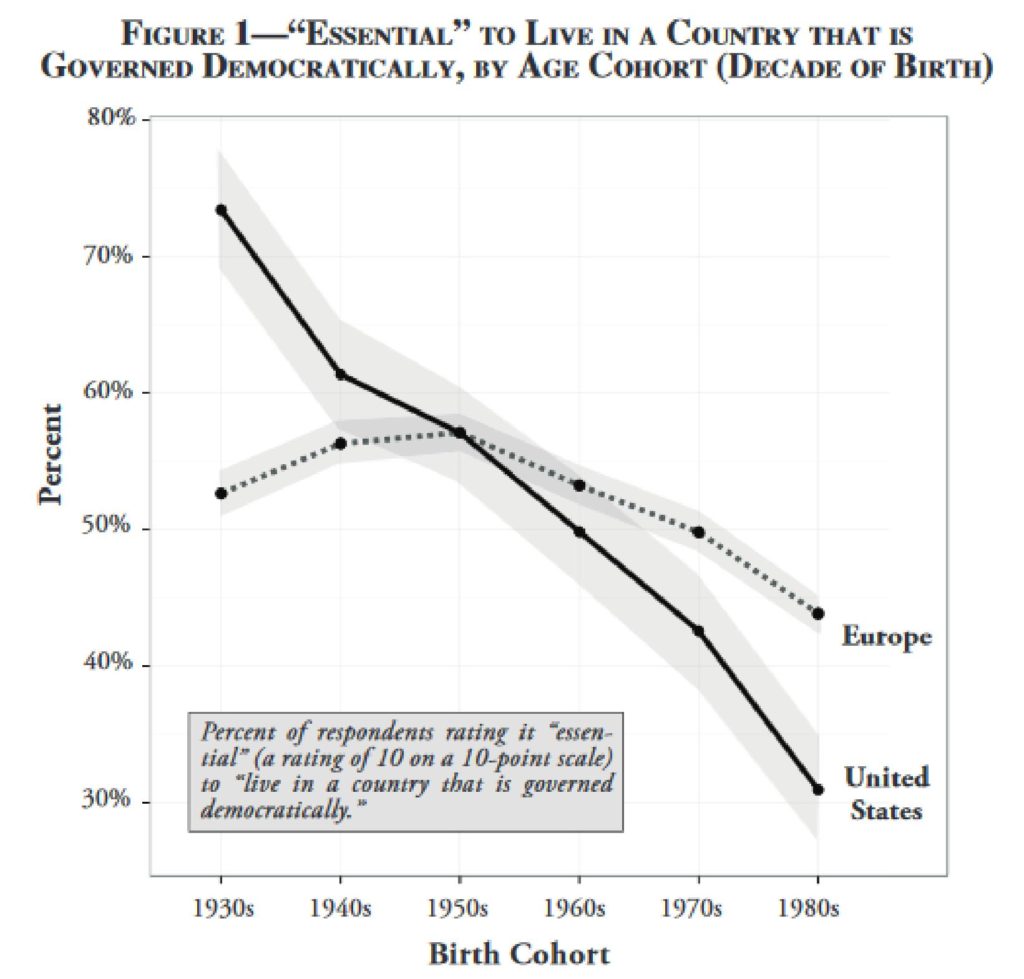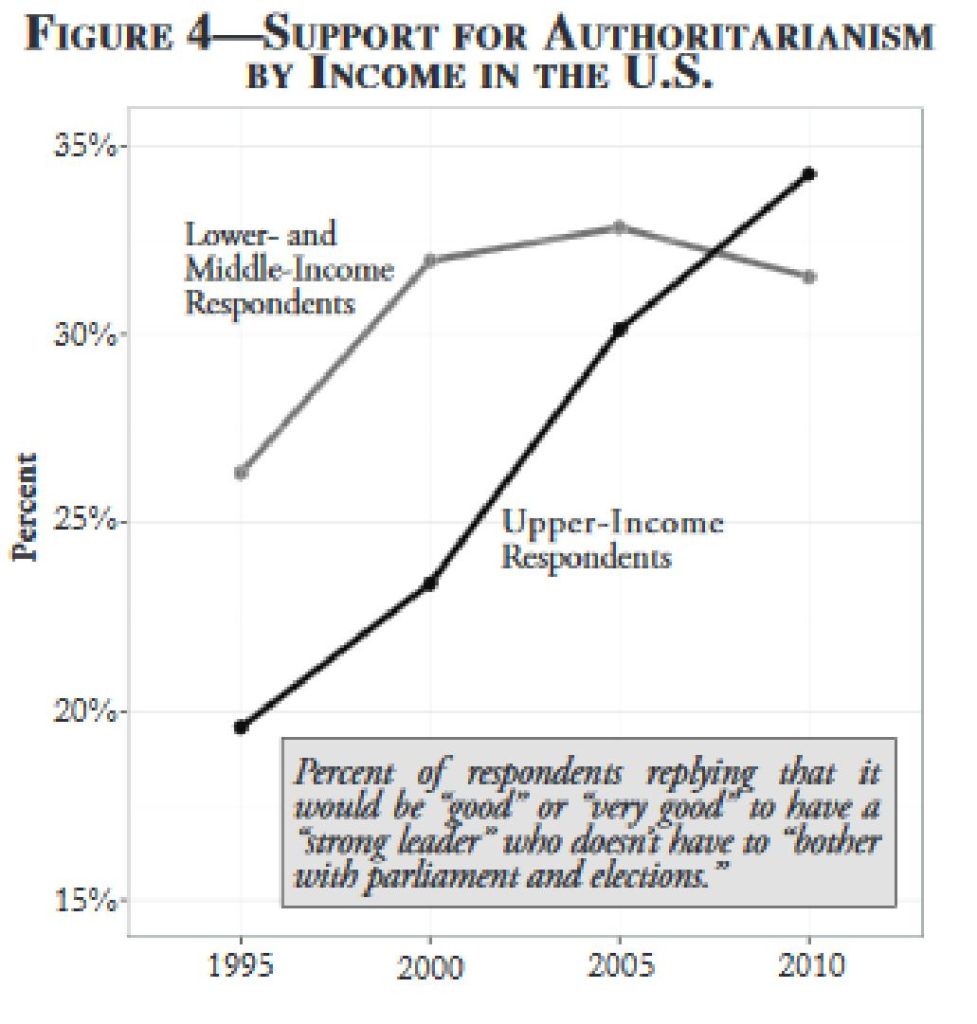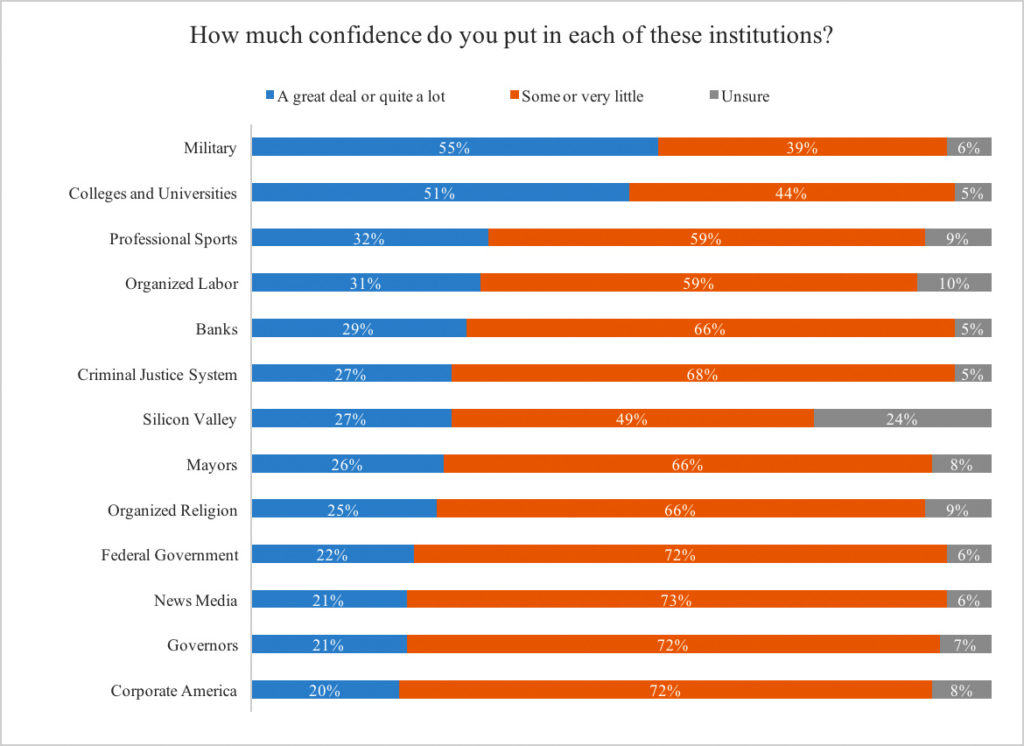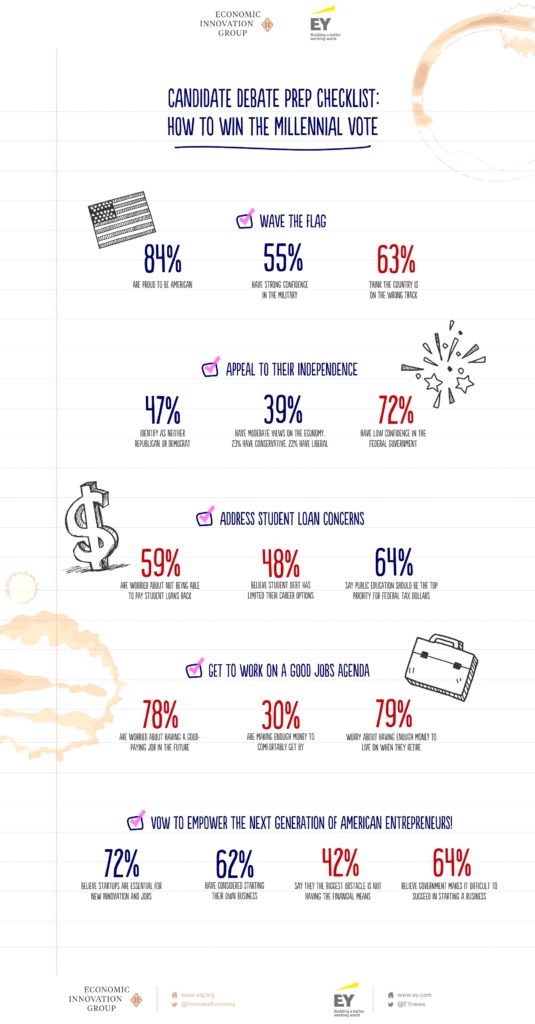The Daily Escape:

Valley of Fire State Park, Nevada – 2019 photo by trolleg
Ultimately, that question will be about Donald Trump vs. whichever Democrat is chosen as the Party’s nominee in 2020. Today, it’s a way to try to make a cut from among the 15+ Democrats that have announced their intention to seek that 2020 nomination.
Wrongo talked last week about the landscape of the 2019 primaries, saying:
“The internet is full of comments about which of the 14 are most worthy, and plenty of hot takes on who can’t win vs. Trump.”
We know that in past presidential elections, a few candidates always emerge early as having the ability to “excite the voters”. The press starts to say that “this one might have a chance”. It works out sometimes, as it did for Bill Clinton vs. Paul Tsongas and Jerry Brown, or Barack Obama vs. Hillary Clinton. Both Clinton and Obama had charisma, which their opponents lacked. What hasn’t worked so well is being a policy wonk or having a bulletproof resume. Every candidate has a resume, a story to tell about themselves, but some try to parlay long careers in politics to the winner’s circle.
Think about Nixon and his resume squeaking past Hubert Humphrey, also with a long resume in politics. GHW Bush took his long resume to the White House for one term. The idea is that you can’t ask voters to look ahead while looking backwards at the same time. For Baby Boomer politicians, there are things in the rear-view that aren’t pretty, or even relevant today.
This is Joe Biden’s problem: When you’re challenging the status quo, ahead is the only winning direction. For another Boomer, Elizabeth Warren, her political resume is short, so less baggage in the 2020 primaries, and more new ideas.
It isn’t totally clear how the electability equation works. The media’s biases have a lot to do with deciding who gets the early buzz. It should be pretty simple to sort them into electable/not-electable categories, but think about Obama in January 2008: (emphasis by Wrongo)
“Senator Barack Obama’s victory in Iowa has improved his standing within the party on a critical measure: his electability. The percentage of Democrats who say he would be the strongest candidate against the Republicans has more than doubled in a month, to 35% from 14% in December.”
So today, we have no idea who is electable, and probably won’t know until after Super Tuesday (March 3rd), when 54% of Democratic primary votes will have been cast.
And does anyone have a reliable metric for “electability”? We can’t really say that John Kerry was un-electable. Hillary was chosen FOR her (supposed) electability, as opposed to the (supposedly) “un-electable” Bernie Sanders.
The GOP have usually played the most electable hand. That gave them Bob Dole, George Bush 43, John McCain and Mitt Romney as candidates. Only one winner among them.
Ultimately, are we capable of analyzing “electability”? We want it to be useful and true, but is it? The media and the pundits think that moderate political views make a candidate electable, but it’s really more like charisma and authenticity.
At this point Wrongo wants to give a brief plug to Pete Buttigieg. He’s met the Democratic National Committee’s threshold of 65,000 individual donors, which means he’ll be included in the Democratic primary debates. He’s 37 and gay. He’s a Harvard and Oxford grad who served in Afghanistan and speaks Arabic. All of that probably signals to Establishment Democrats that he’s un-electable.
Wrongo thinks he has charisma and authenticity, along with very rare smarts. Here’s a quote from a Buttigieg profile in the New Yorker:
“If you thought in terms of the effects of public policy on millennials, he said, you began to see generational imbalances everywhere. The victims of school shootings suffered because of the gun liberties given to older Americans. Cutting taxes for the richest Americans meant that young people, inevitably, would have to pay the bill. Climate policy, he said, was the deepest example of the imbalance…”
Buttigieg may be strong in the Mid-West, and may be able to bring out non-voters. Non-voters were the biggest cohort in 2016. Many don’t vote because they don’t believe any of the candidates will make things any better. America needs a candidate that is committed to meeting increasingly desperate needs. Maybe Buttigieg would bring non-voters to the polls.
And haven’t Baby Boomers done enough to screw up both America and the planet?
Maybe we should give a Millennial a shot. At least for Vice-President.



